Computer Science & Technology
This certificate program focuses on the development of skills for creating and teaching computer science courses including learning theories, simulation and artifact development with computer applications, coding and programming, and the understanding of computer science topics related to careers in the digital age.
Computer Science & Technology Curriculum
Online Advanced Studies Certificate (ASC) 18 Credit Program
Websites are used in education, government, social media platforms, businesses, individual sites and more. Web development is a skill that everyone should have a base knowledge in. The foundational languages of a webpage are Hypertext Markup Language (HTML) and Cascading Style Sheets (CSS). HTML is the markup language used to display documents on a webpage. CSS is the stylesheet language that is used to design or add style to a webpage built with HTML. This course will give the Learner knowledge of the HTML5 markup language, the CSS3 language, techniques in responsive design for all kinds of devices, and a deep understanding of the foundations of web programming. (3 credits)
Due to its many different flavors and applications, JavaScript is one of today’s most widely used and popular languages. This course will give the Learner knowledge of the JavaScript language and a deep understanding of the foundations of computer science and programming. Topics include data types and operators, program structure, data structures and functions, and bugs and error handling. Programming JavaScript will be the learner’s gateway to understanding the tools of computer science. (3 credits)
Now that the student has a solid programming foundation from CSE 650E, this course is designed to move the students to more advanced concepts. Topics include Java program structure, methods, classes & objects, advanced array concepts, file input and output, inheritance, and Graphical User Interfaces (GUI) using Java Swing and JavaFX. The Learner will emerge from this class with the knowledge to guide their students through Computer Science and programming. (3 credits)
Welcome to the 21st Century classroom where students apply their knowledge of computer applications to create digital artifacts using word processing, spreadsheets, presentations tools, publishing tools, and digital citizenship through classroom collaboration and business simulation. The Learner of this course will be prepared through various teaching methodologies to guide their students in the study of computer applications so they may become college and career ready. Prior knowledge of basic productivity tools such as Google Apps for Education, Word, Excel, or PowerPoint is preferred but not required. (3 credits)
This course will cover the foundational computer science concepts that all educators should know and understand in order to successfully teach computer science to all age groups. The Learner will explore how computers store and use information, how algorithms are used to solve problems, program development using variables and control structures, common troubleshooting strategies, how hardware and software work together, and the implications of computing on society. (3 credits)
This course provides different methods to teach computer science in the classroom through curriculum development, learning theories, pedagogical methods, lab instruction and research, diverse learning approaches, and professional ethics. The Learner will complete this course with a toolkit of resources to use in the computer science classroom. (3 credits)
Cohort Schedule
This is when we will be accepting applications for a new cohort.
| term | class dates | application open |
|---|---|---|
| Spring 2025 Session 2 | May 5, 2025 – June 27, 2025 | Feb. 18, 2025 |
| Summer 2025 Session 1 | July 7, 2025 – Aug. 29, 2025 | April 26, 2025 |
| Summer 2025 Session 2 | Sept. 2, 2025 – Oct. 31, 2025 | July 1, 2025 |
| Fall 2025 Session 1 | Nov. 3, 2025 – Dec. 19, 2025 | Sept. 3, 2025 |
| Fall 2025 Session 2 | Jan. 5, 2026 – Feb. 27, 2025 | Oct. 29, 2025 |
| Spring 2026 Session 1 | March 2, 2026 – May 1, 2026 | Dec. 31, 2025 |
| Spring 2026 Session 2 | May 4, 2026 – June 26, 2026 | Feb. 25, 2026 |

